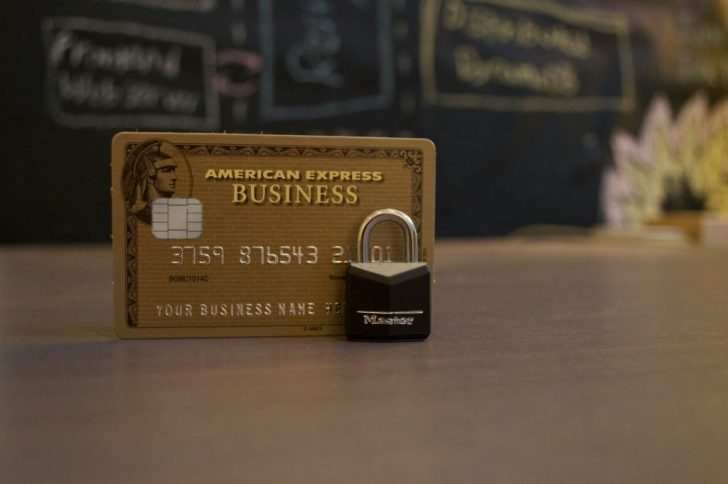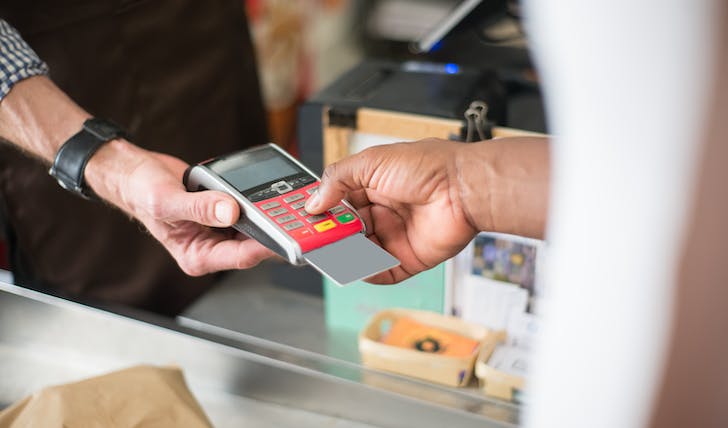
What Are Some Major Benefits of a Business Bank Account & How to Open One?

A business bank account is not just a fancy accessory. It is a necessity. Imagine your business as a high-performance vehicle. Would you fill it with low-grade fuel? Of course not! Similarly, a business bank account is the premium fuel your enterprise needs to run smoothly. Unlike a personal account, it is tailored to handle the unique demands of a business, ensuring you manage your finances like a pro.
Let’s dive into the major benefits of having a business bank account.

Ryan / Unsplash / Here is why you should consider opening a business bank account.
Professionalism
First off, nothing screams ‘professional’ louder than a business bank account. When you make transactions under your business name, you are not just another individual in the crowd. You are a brand. It builds trust and credibility among suppliers, investors, and customers. They see you are serious about your venture, and that seriousness reflects in every cheque you write or payment you receive.
Plus, a business account separates your personal and business finances, making your operation appear more organized and reliable. It simplifies accounting, tax filing, and financial analysis. No more sifting through personal expenses to find that one business-related transaction. It is all neatly laid out for you, showcasing your commitment to transparency and order.
More Credit Options
Having a business bank account opens doors to many credit options tailored for businesses. Think of it as having a VIP pass to the finance world. You get access to business loans, lines of credit, and even business credit cards. All of which can be pivotal in scaling your business.
Be it managing cash flow, investing in equipment, or hiring new staff, these credit options can be the fuel for your business’s growth engine.

Mikhail / Pexels / To begin with, having a business bank account sets the right tone – putting a good first impression on your customers.
Limited Liability Protection
By separating your personal and business finances, a business bank account can be a shield for your personal assets. Imagine your business faces a lawsuit. If your finances are intertwined, your personal savings could be at risk. Not a pleasant thought!
This separation is crucial, especially for LLCs and corporations. It upholds the legal distinction between you and your business. In the world of business, that is like having a sturdy firewall protecting your personal life from potential business hazards.
Purchase Protection for Customers
Ever hesitated before making an online purchase, wondering if it is safe? Your customers might feel the same. A business bank account often comes with enhanced purchase protection features. This could mean safer transactions, fraud monitoring, and dispute resolution services.
This level of security is a confidence booster for your customers. It tells them that their transactions are safe with you, which in turn can increase their willingness to do business with you. In the digital age, where trust is currency, this is invaluable.
How to Open a Business Bank Account
- Choose the Right Bank: Research and select a bank that suits your business needs. Consider factors like fees, available services, and convenience of location.

Kampus / Pexels / By having a business account, you can win the trust of your customers.
Prepare Necessary Documents: Gather all required documents:
- Business license or registration proof
- Employer Identification Number (EIN) or Social Security Number (if a sole proprietorship)
- Articles of Incorporation or Organization (for LLCs, corporations, partnerships)
- Partnership agreement (if applicable)
- Operating agreement for LLCs
Once you have the necessary documents, it is time to do the following:
- Identify Verification Documents
- Complete the Application
- Make an Initial Deposit
- Set Up Online Banking, if available
- Understand the Terms & Conditions: Be clear about the account’s fees, terms, and conditions
Remember, each bank may have specific requirements and steps. So, it is important to check with the bank you choose for any additional steps or documents they might require.
More in Bank Stories
-
How to Lock In a ‘Good’ APR on Your Personal Loans?
When it comes to borrowing, understanding the intricacies of the Annual Percentage Rate (APR) can feel like deciphering a secret code....
March 13, 2024 -
How to Find the Best Personal Loan With Easy Monthly Payments in 2024
A personal loan is an amount of money borrowed from a financial institution, which you pay back in regular monthly payments...
March 8, 2024 -
Why Italy Tops the List for Solo Adventurers
Forget the guidebooks and ditch the group tours. If your soul craves an adventure that’s uniquely yours, then pack your bags...
March 3, 2024 -
From Talking Cars to AI: The Latest Car Tech at CES
Imagine having a chatty companion on your next road trip. One that tells jokes, remembers your preferences, and even helps plan...
February 24, 2024 -
Know the Pros & Cons of Personal Loans Before Applying!
Are you eyeing a personal loan, perhaps to consolidate debt, finance a home renovation, or cover an unexpected expense? Before you...
February 17, 2024 -
Navigating the Ties Between Love, Living Together, and Financial Security in Retirement
Picture this: you’re nearing retirement, a time for relaxation and enjoying the fruits of your life’s hard work. But here’s a...
January 29, 2024 -
Top 5 Superyachts of 2022
In a world where social distancing became the buzzword, the allure of superyachts took on an even more glittering appeal in...
January 23, 2024 -
Mark Cuban’s Proven Tips for Business Success
Dive into the dynamic world of entrepreneurship with the maverick mind of Mark Cuban, a serial entrepreneur whose $4.6 billion fortune...
January 20, 2024 -
Bypass Traditional Banks With These Innovative Financing Options for Small Businesses
Financing is the lifeblood of any small business. After all, it is what keeps your operations running, drives growth, and helps...
January 9, 2024















You must be logged in to post a comment Login